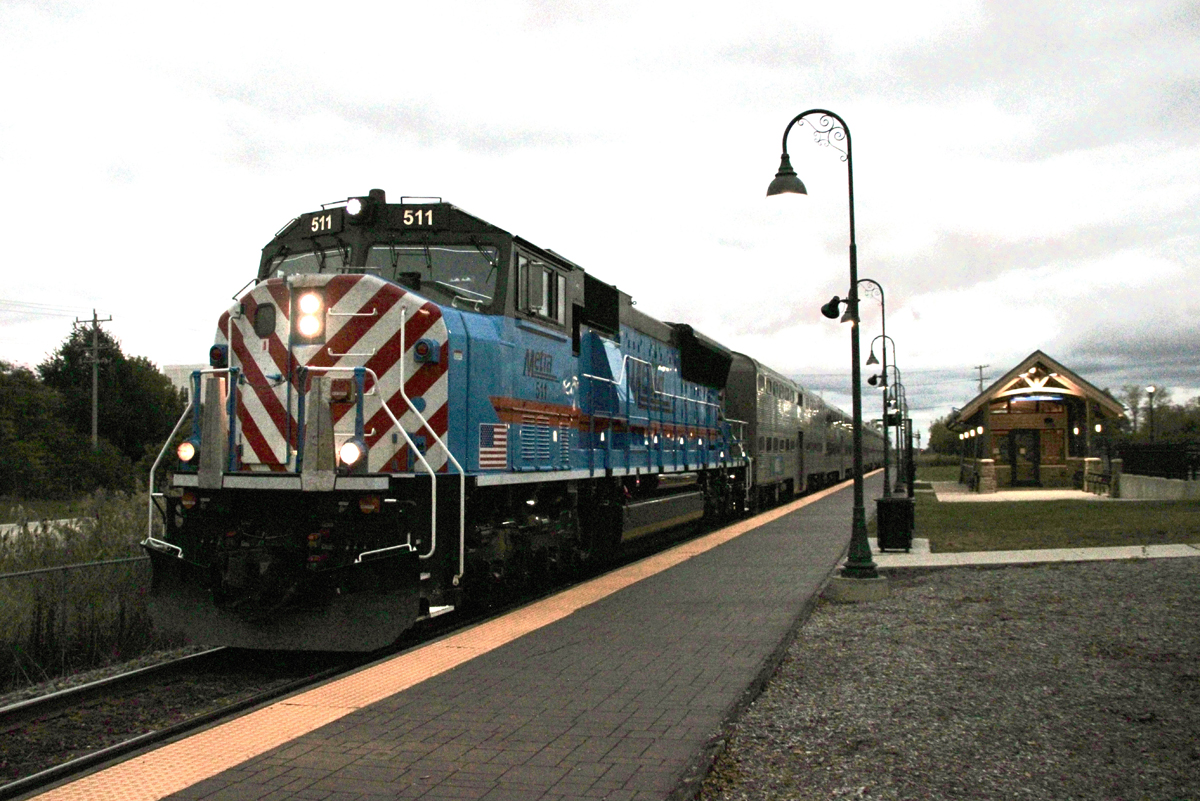
SPRINGFIELD, Ill. — Illinois lawmakers are expected to make another attempt to address the budget deficit facing Chicago transit agencies during a veto session that begins today (Oct. 14, 2025) — although it remains to be seen if the issue will have the same amount of urgency since the size of the deficit has been revised significantly downward.
Earlier this month, the Regional Transportation Authority announced the funding shortfall had been reduced to $200 million, rather than the previously estimated $771 million — a change attributed to increased sales-tax revenue, projected fare increases, and cost savings. That allowed Metra to announce a 2026 budget with no service cuts thanks to its planned 13% fare increase [see “Metra budget for 2026 …,” Trains.com, Oct. 10, 2025]. The Chicago Transit Authority has subsequently announced its own budget with fare increases, but says it still projects the need for service reductions in the second half of 2026.
The legislative veto session runs today through Oct. 16 and Oct. 28-30. Senate President Don Harmon (D-Oak Park) told Capitol News Illinois that movement on the transit issue will require the House to accept or respond to a plan passed by the Senate in May shortly before the spring session ended, leaving the House virtually no time to respond. The Senate bill, HB3438, called for funding transit through taxes on home package deliveries, electric vehicle charging, rideshares, and real estate transfers. It also called for reorganization of the Regional Transportation Authority to give it more control over Metra, the CTA, and bus operator Pace.
House Speaker Chris Welch (D-Hillside) told Capitol News Illinois it’s also possible the issue won’t be addressed until next year: “I’m hopeful that we’re going to get something done in the veto session that will address this issue. If not in veto session, then the regular session.”






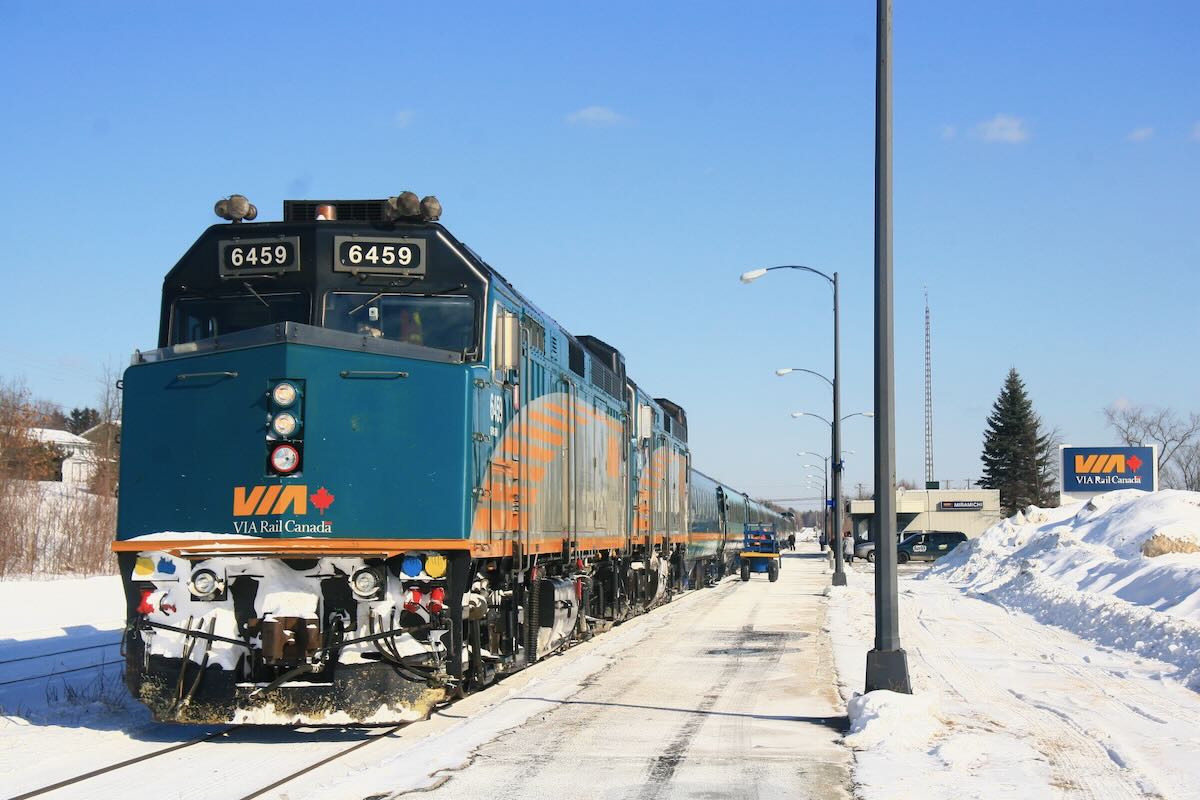
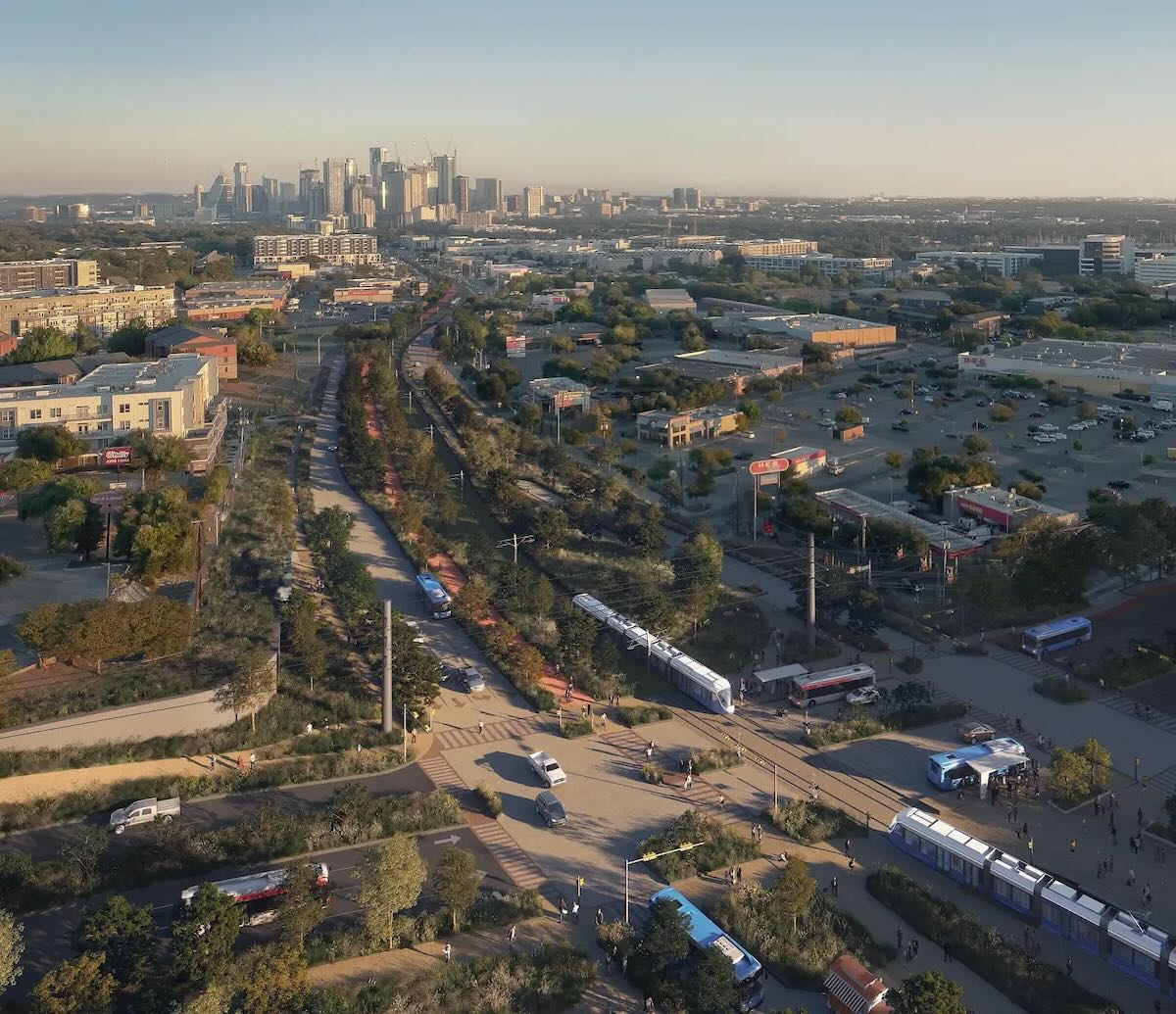
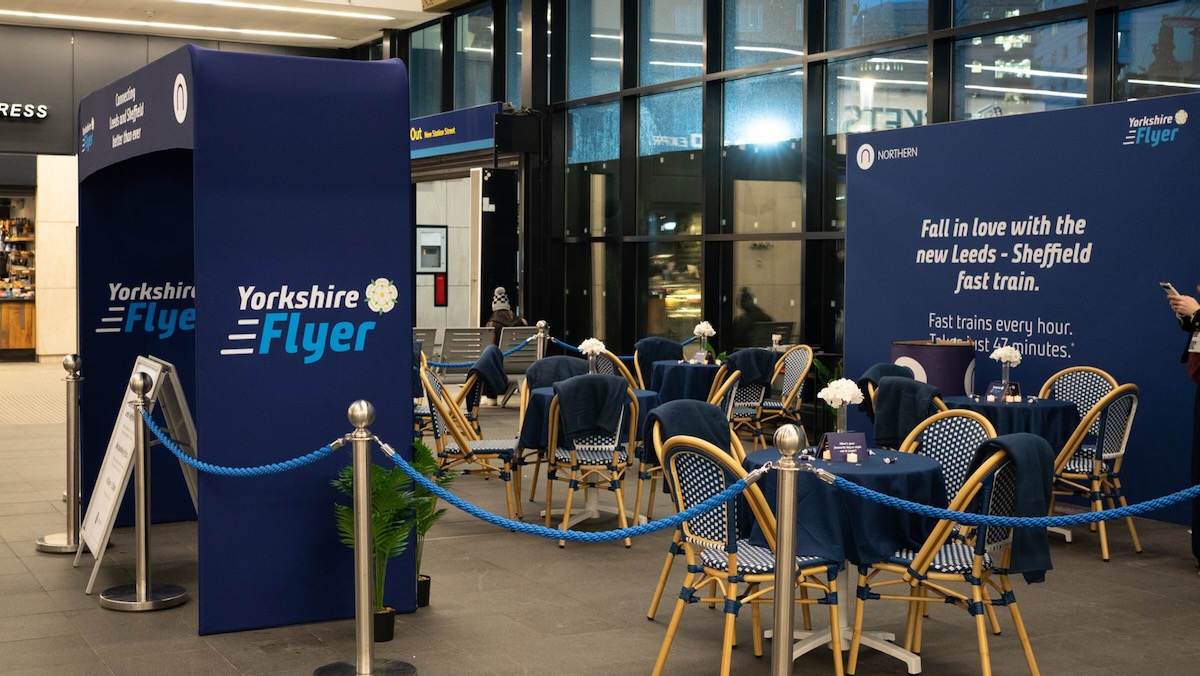
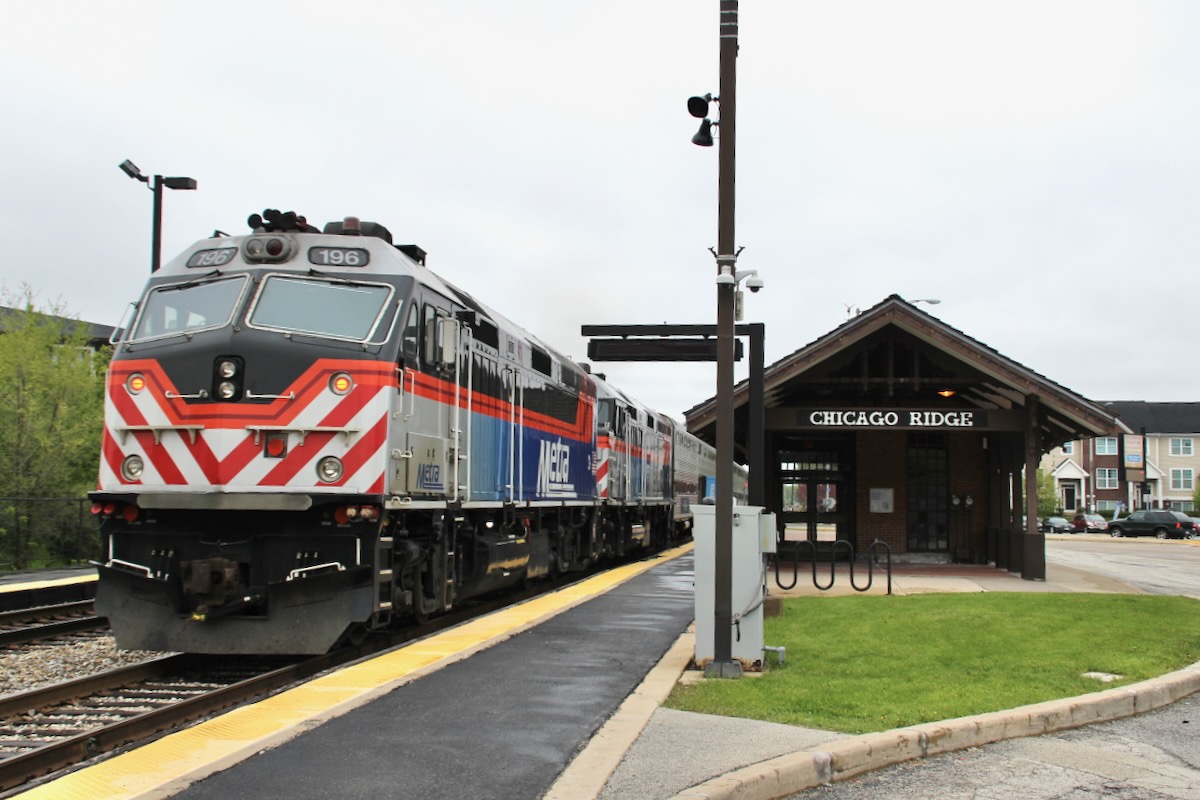




While they’re at it, the legislature can wake up to the inconvenient fact that the days of federal funding for local transportation are winding down.
The states and localities have no money, they’re borderline broke and can’t possibly afford local transit without federal aid. But neither do the feds have any spare cash, the printing press is running out of ink.
The federal deficit is $2T per year. Part of that is printing money for the states and localities who have run out of parts of the state and local economy to tax just to keep things as they are. Taxing Uber rides. A “STAMP TAX” on real estate transfers. What’s next? A tax on walking your dog?
I’m pro transit. I ride transit including in Illinois. But the truth is, we have run out of ways to pay for it.